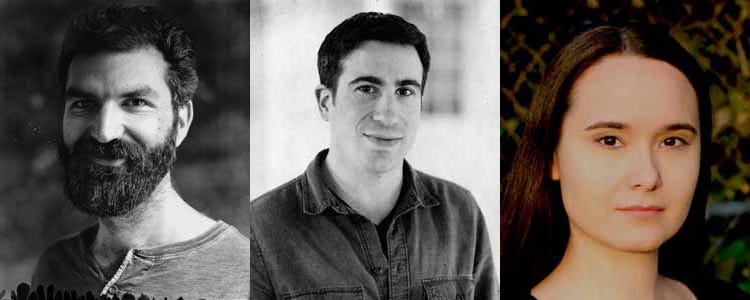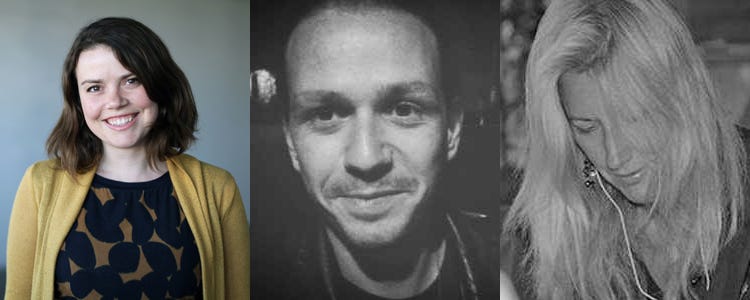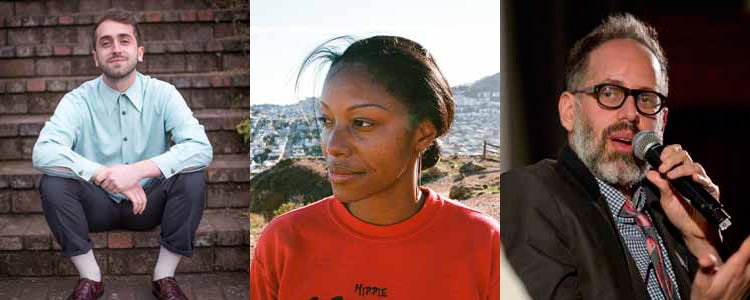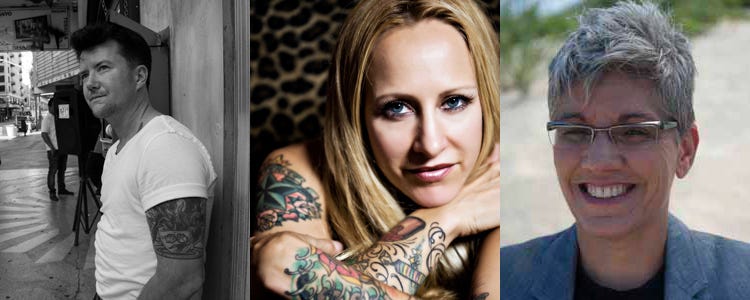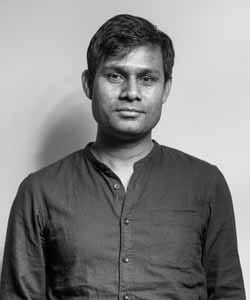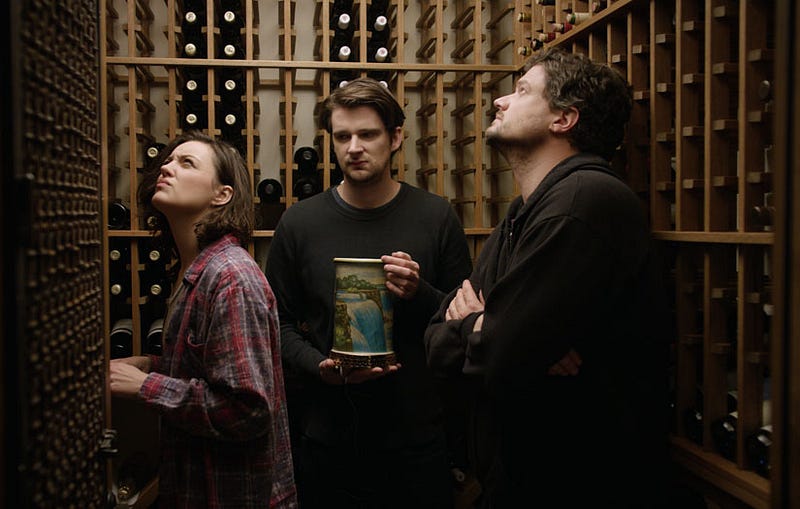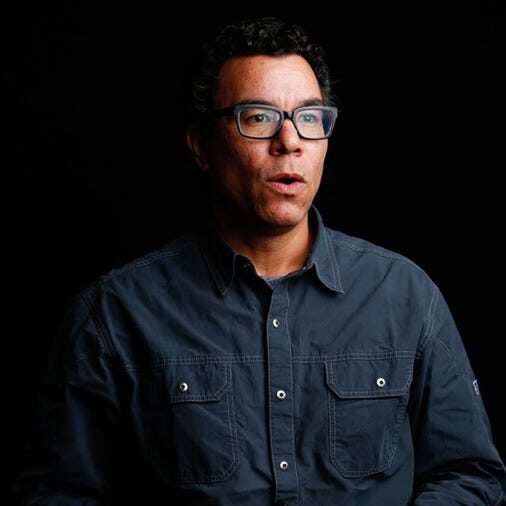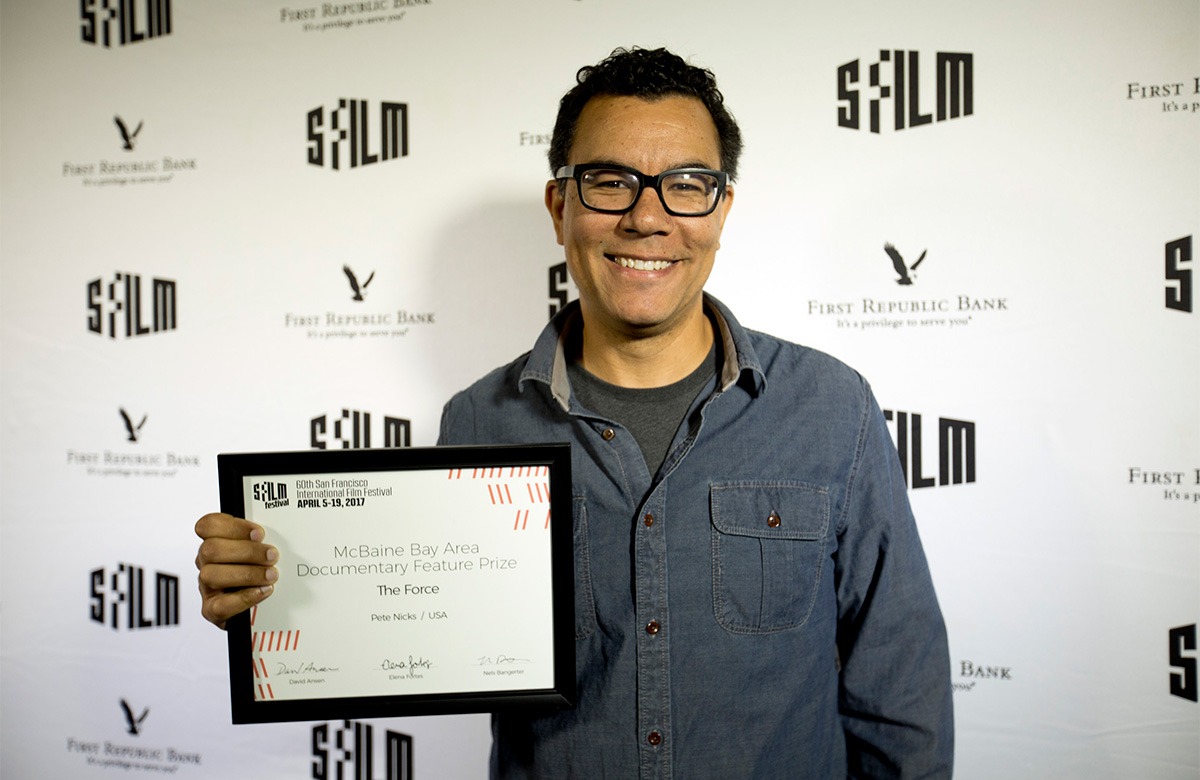Announcing the Winners of the Spring 2017 SFFILM / Rainin Filmmaking Grant
Announcing the Winners of the Spring 2017 SFFILM / Rainin Filmmaking Grant
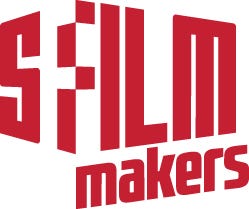
We are thrilled to announce the eight winning projects contending in the Spring 2017 round of SFFILM / Rainin Filmmaking Grants! SFFILM / Rainin Filmmaking Grants are awarded twice annually to narrative features that will have significant economic or professional impact on the Bay Area filmmaking community; in this round, a total of $300,000 has been distributed to narrative feature film projects at various stages, from screenwriting to post-production. More than $4 million has been awarded since the launch of SFFILM’s flagship grant program in 2009.
Applications are currently being accepted for the Fall 2017 round of SFFILM / Rainin Filmmaking Grants; the deadline to apply is July 28. Find out more at sffilm.org/makers
The jury, which included Noah Cowan, SFFILM Executive Director; Patrick House, culture and science writer for Slate and The New Yorker; Caroline von Kühn, SFFILM Director of Artist Development; Shelley Trott, Director of Arts Strategy and Ventures at the Kenneth Rainin Foundation; and Tristen Tuckfield, film finance executive, noted “This group of finalists was exceptionally strong, and we are thrilled to support these eight bold and deeply human films, which collectively represent such a wide range of tones, styles, voices, and artistic visions. These filmmakers showcase the ever-growing talent coming out of San Francisco, and their work will contribute to the growing strength, diversity, and richness of the Bay Area filmmaking community.”
SPRING 2017 SFFILM / RAININ FILMMAKING GRANT WINNERS
— — — — — — — — — — — — — — — — — — — — — — — — — — — — —
The Continental
Aron Kantor, writer/director; K.M. Soehnlein, cowriter — screenwriting
A young gay Latino immigrant working at New York’s legendary Continental Baths gets swept up in the burgeoning gay rights movement and the early disco scene while navigating an affair with his married boss.
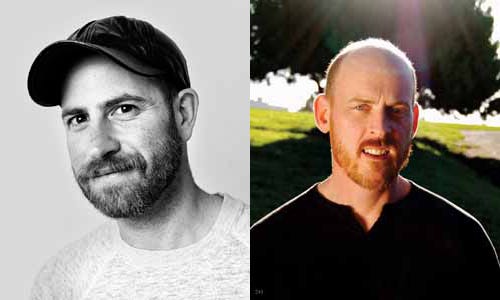
— — — — — — — — — — — — — — — — — — — — — — — — — — — — —
Jinn
Nijla Mu’min, writer/director; Avril Speaks, producer — post-production
Summer is a carefree, Black teenage Instagram celebrity whose world is turned upside down when her mother abruptly converts to Islam and becomes a different person. At first resistant to the faith, she begins to reevaluate her identity after becoming attracted to a Muslim classmate, crossing the thin line between physical desire and piety.

— — — — — — — — — — — — — — — — — — — — — — — — — — — — —
Josephine
Beth de Araújo, writer/director — screenwriting
An obedient eight-year-old girl unintentionally witnesses a rape in Golden Gate Park. Unraveling with fear and paranoia, her subsequent violent outbursts put her family and classmates in jeopardy.
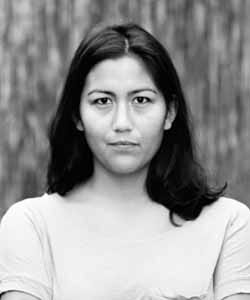
— — — — — — — — — — — — — — — — — — — — — — — — — — — — —
Music Moves Us
Cyrus Tabar, writer/director — screenwriting
In the near future where music is outlawed in an authoritarian state, a passionate woman and her friends in Oakland, California, throw illegal techno dance parties and broadcast on a bootleg pirate radio station to bring people together.
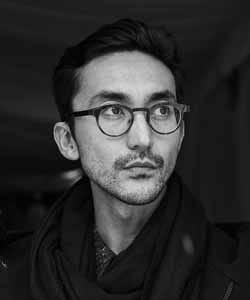
— — — — — — — — — — — — — — — — — — — — — — — — — — — — —
Refuge
Mohammad Gorjestani, writer/director; Malcolm Pullinger, producer — screenwriting
Set in 2025, a brewing cyberwar between the US and Iran puts Sonia, a young Iranian refugee and activist, at risk of deportation or internment. Her only escape may come at a greater price than she’s willing to pay.
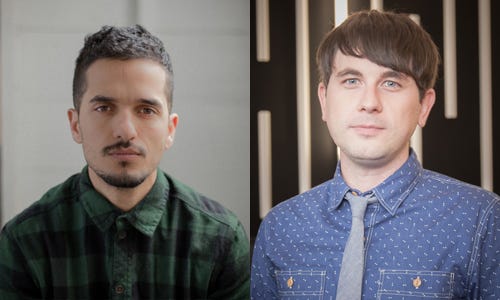
— — — — — — — — — — — — — — — — — — — — — — — — — — — — —
A Rooster on the Fire Escape
Guetty Felin, writer/director/producer; Danielle Dreis, producer — packaging
Upon coming to America, the Celestin family was hoping to leave behind the traumas of the brutal dictatorship of their tropical native land, but the sacrifices they made for their freedom create a dark spiral from which they might not recover.
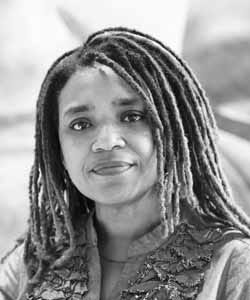
— — — — — — — — — — — — — — — — — — — — — — — — — — — — —
Sorry to Bother You
Boots Riley, writer/director; Jonathan Duffy, George Rush and Kelly Williams, producers — production
Sorry To Bother You tells the story of Cassius Green, a black telemarketer who discovers a magical key to telemarketing success, propelling him into a macabre universe where he is selected to lead a species of genetically manipulated horse-people.

— — — — — — — — — — — — — — — — — — — — — — — — — — — — —
We the Animals
Jeremiah Zagar, writer/director; Jeremy Yaches and Christina King, producers — post-production
Based on the bestselling novel by Justin Torres, We the Animals explores the beautiful and savage nature of family and the viscerally charged landscape of youth through the eyes of Jonah, the youngest son of a mixed-race working-class couple as he discovers his artistic identity.
